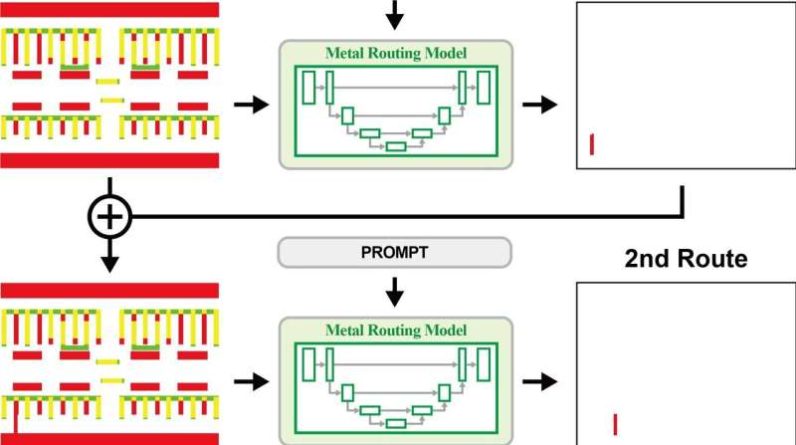Key Takeaways:
-
Bill Gates warns that AI is advancing so rapidly it could outpace workers’ ability to adapt, potentially automating entire job sectors before industries can respond.
-
The timeline for AI replacing complex human jobs is uncertain, with experts debating whether it will happen within a year or take up to a decade.
-
Entry-level and white-collar jobs are at immediate risk, as AI continues to improve in areas like telesales, administrative tasks, and even complex coding.
-
Tech leaders at Amazon, Meta, and Anthropic agree that AI will rival human workers in many roles within a few years, with Anthropic predicting up to 50 percent of entry-level white-collar jobs could be automated in five years.
-
Companies like IBM have already begun cutting thousands of HR and admin roles, reallocating resources to engineering and sales as AI takes over routine tasks.
-
The short-term impact could be severe for young workers, as the traditional stepping-stone jobs they rely on are increasingly threatened by automation.
Bill Gates has seen a lot of technological revolutions in his time, but even he’s surprised by the blistering speed of AI’s evolution. In a recent interview with CNN, the Microsoft cofounder sounded the alarm, warning that artificial intelligence is improving so rapidly that it could replace entire categories of jobs before workers have a chance to adjust.
AI Could Outpace Workers’ Ability to Adapt
“The question is, has it come so fast that you don’t have time to adjust to it?” Gates told CNN. He pointed to AI’s rapid gains in areas like telesales and administrative work, which are already seeing automation take hold. But even more complex roles could be next, and Gates admits the timeline is impossible to predict.
The Ticking Clock: One Year or Ten?
What worries Gates isn’t just AI’s capabilities. It’s the uncertainty. “AI today can replace human work, the most complex coding tasks, [but] it’s not able to do [it] yet,” he said. “And people in the field disagree: is that within the next year or two, or is it more like ten years away?”
This wide range of estimates makes it difficult for workers, especially those in entry-level or white-collar roles, to plan their careers. One thing is clear: AI is no longer a future concern. It’s a present disruption.
Business Leaders Preparing for Mass Job Automation
Gates isn’t alone in his assessment. Leaders at Amazon, Meta, and Anthropic have all publicly stated that AI will be as capable as human workers in many roles within a few years. Anthropic CEO Dario Amodei even predicts up to 50 percent of entry-level white-collar jobs could be automated in five years.
Companies like IBM are already reshaping their workforces, eliminating thousands of roles in HR and administrative departments as AI tools automate routine tasks.
A Productivity Boom, But At What Cost?
Gates remains optimistic that AI’s productivity gains can be a net positive if handled properly. “When you improve productivity, you can make more [jobs],” he said. “It means you can free up these people to have smaller class sizes or have longer vacations or help to do more, so it’s not a bad thing.”
But the short-term impact, especially for early-career workers, will depend on how quickly industries can reimagine job training and create new pathways.
Related: Nvidia CEO Issues Serious Warning About AI and Jobs—Here’s How to Keep Yours
Bill Gates Sounds the Alarm on AI’s Rapid Growth and What It Means for Your Job first appeared on Men’s Journal on Aug 1, 2025





